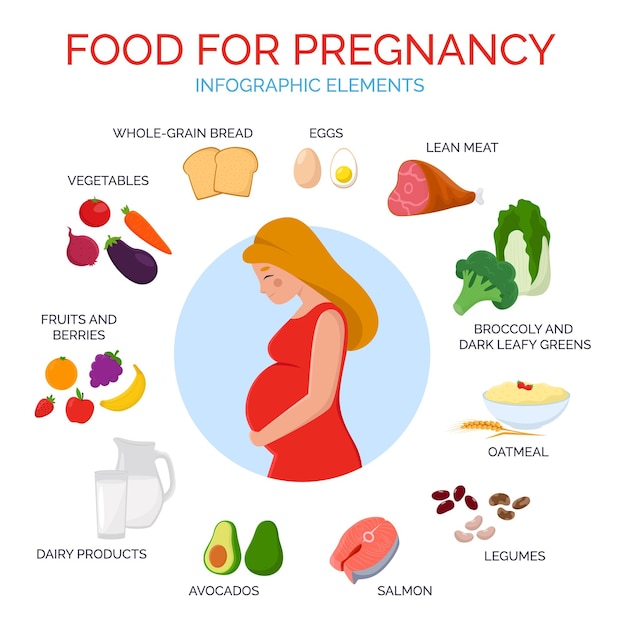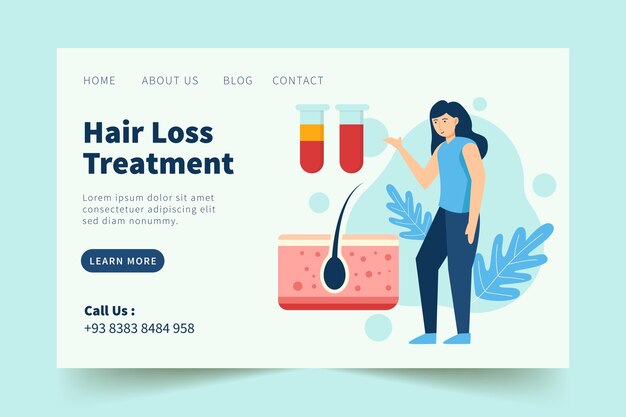
Why is Healthy Eating Important During Pregnancy?
Eating healthily during pregnancy is crucial because it ensures that the developing fetus gets all the necessary nutrients to grow and develop properly. It’s like having an insurance policy for your baby’s health, helping to build strong organs, bones, and a robust immune system. Moreover, it helps the pregnancy progress smoothly to full term, which is about 38 weeks. It’s not just about eating more food, but about eating the right kinds of food.
Consuming non-nutritious or unhealthy foods can deprive both the mother and baby of essential nutrients needed during this critical time. When one consumes too many unhealthy foods, there’s less room for the nutritious ones. In the long run, this can have significant negative effects on both the mother and the baby.
During pregnancy, the mother’s body requires extra iron, calcium, protein, and essential vitamins. These nutrients ensure that the baby develops properly. If the mother doesn’t get enough of these nutrients from her diet, her body will take from her stores to provide for the baby. For instance, if a pregnant woman doesn’t consume enough calcium, her body will pull it from her bones to supply the developing fetus, which can be harmful to both. Babies don’t produce their own iron during pregnancy, so they rely entirely on the mother’s intake. A lack of iron can lead to severe anemia. This is why prenatal vitamins are so important—they ensure that both mother and baby get the essential nutrients they need.
It’s vital to focus on eating the right foods during pregnancy because every bite counts. A diet rich in nutritious foods helps in making sure both the mother and baby remain healthy.
Foods to Avoid During Pregnancy
Certain foods can be harmful not just because they take up space in the diet, but because they can actually harm the developing fetus. Here are some foods to avoid:
– Peanuts: Eating peanuts during pregnancy can cause allergic sensitization in the baby, leading to peanut allergies, which are among the most severe allergies a person can have.
– Certain Seafood: Fish like shark, canned tuna, swordfish, and mackerel contain high levels of mercury, which can lead to nervous system defects in the developing baby. Safe options include freshwater fish like salmon, catfish, and trout.
– Undercooked Foods: Consuming undercooked or unpasteurized foods can expose the mother to harmful bacteria causing food poisoning, which can lead to nutrient loss and dehydration through vomiting and diarrhea. Avoiding unpasteurized cheeses and fresh juices is crucial.
– Alcoholic Beverages: Alcohol is never safe during pregnancy but is especially harmful in the first few months. It can cause fetal alcohol syndrome and increase the risk of miscarriage and stillbirth.
– Caffeine: High caffeine intake can affect the baby’s heart rate and is best limited to 200 mg per day or avoided altogether.
– Herbal Teas: Not all herbal teas are safe during pregnancy as some herbs can negatively impact the developing baby. It’s best to research and use caution or avoid them.
– Hot Dogs and Processed Meats: These can contain harmful bacteria like Listeria. It’s essential to heat hot dogs thoroughly and avoid processed lunch meats.
– Unwashed Fruits and Vegetables: These can harbor harmful bacteria such as E.coli, Salmonella, and Listeria. It’s vital to wash all fruits and vegetables thoroughly.
Safe Foods to Eat During Pregnancy
Sticking to fresh and unprocessed foods is generally safe as long as they are washed and cooked properly. Some good options include:
– Green leafy vegetables
– Colorful fruits and vegetables
– Lean meats like turkey, beef, and chicken
– Freshwater fish
– Whole grains and enriched breads
– Low-fat dairy products such as pasteurized milk, cheese, and yogurt
– Healthy fats like avocados, almonds, brazil nuts, and olive oil
Using processed carbohydrates and sugars sparingly is also recommended. Following a healthy food guide pyramid can help in making nutritious choices.
Conclusion
Remember, both you and your growing baby are significantly affected by what you eat. Making every bite count ensures a healthy pregnancy and a healthy newborn.



